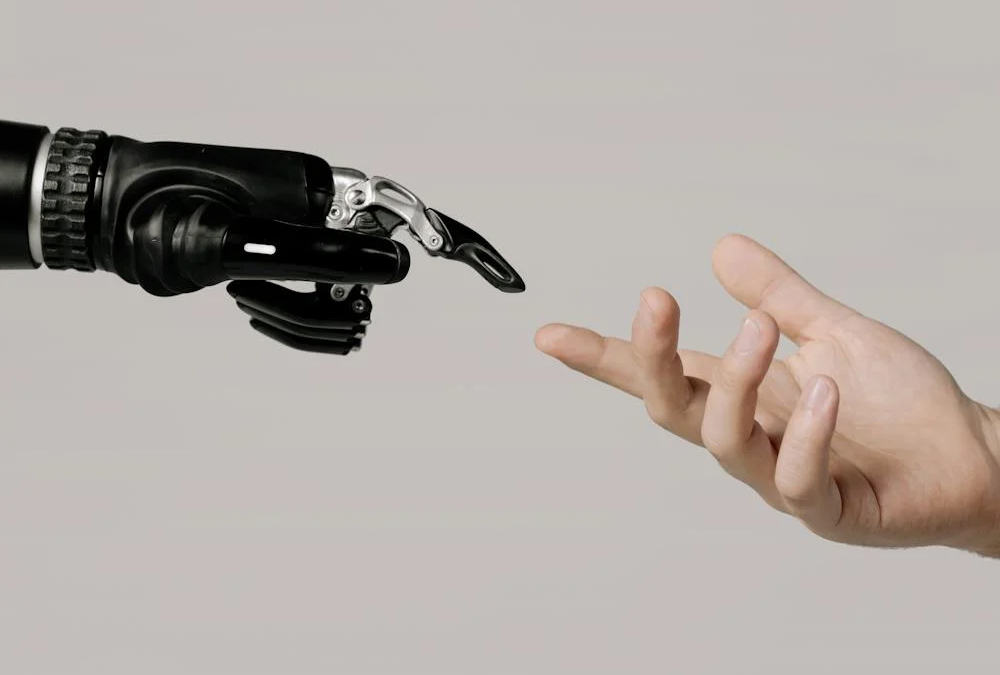As the world dives headfirst into the AI revolution, many people are feeling anxious about what automation might mean for their jobs and industries. The care sector, often the last benefit from emerging technologies, is facing some serious challenges. With more people needing care than ever and a tough time finding and keeping amazing caregivers, the big questions are: Can AI step in to help care for our vulnerable loved ones? And are caregivers really at risk of being replaced by robots?
Back in 2019, the UK government invested a whopping £34 million into the country’s largest research program aimed at making autonomous systems safe and trustworthy for everyone. This investment could pave the way for robots that help elderly people up after a fall, deliver meals right on time, and even remind them to take their meds! One exciting project from Bristol has already rolled out a prototype robot named CHIRON, designed to assist older adults with mobility and other age-related challenges.
AI has the power to transform many industries, including care! It can supercharge risk management and preventative care by analysing massive amounts of data and making spot-on predictions. Imagine automating tedious tasks, zipping through admin work in a flash, and answering questions faster than you can say “robot”! This means caregivers can focus on what they do best: providing top-notch care.
But hold on! While AI is impressive, it can’t replace the human touch. AI lacks the ability to truly understand and empathise with patients’ emotional and psychological needs. It can only do what it’s trained to do, missing out on the creativity and intuition that human caregivers bring to the table.
Plus, AI is only as good as the data it learns from. If that data is biased, guess what? The AI will be too, leading to some not-so-great outcomes. It struggles to grasp the nuances of individual circumstances, cultural differences, and other vital factors that influence care decisions. AI can suggest options, but it needs humans to interpret those insights and make the final call.
In the end, AI and robotics are here to enhance, not replace, human caregivers. While robots can handle the heavy lifting, administrative, analytical and repetitive tasks, they can’t replicate the companionship and warmth that come from genuine human interaction. By letting assistive tech take care of the grunt work, caregivers can have better info at their fingertips and more time to deliver the exceptional care that makes a real difference.
So, while AI is set to revolutionise the care industry, it will never replace the heart and soul of caregiving. Humans will always be essential, and the goal is to integrate AI in a way that supports and uplifts their incredible work!

